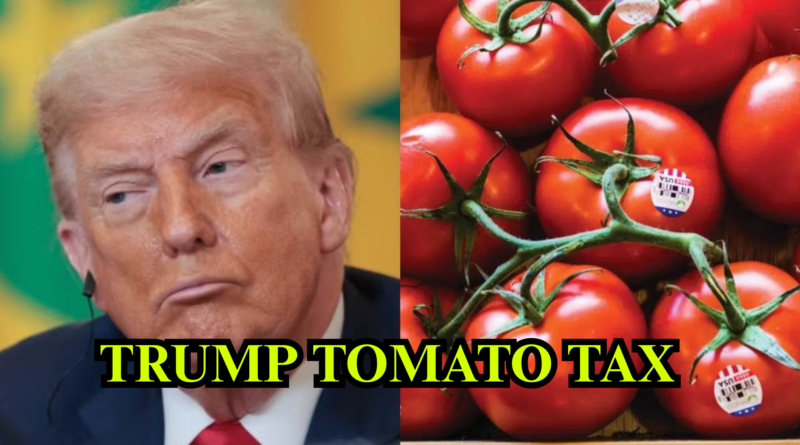U.S. Imposes 17% Anti-Dumping Duties on Mexican Tomatoes
The U.S. Commerce Department has announced a 17% anti-dumping duty on fresh tomato imports from Mexico, citing evidence of unfair trade practices. The decision follows a lengthy investigation into claims by U.S. tomato producers that Mexican growers were selling tomatoes below fair market value, undercutting domestic prices. The move is aimed at leveling the playing field for American farmers, particularly in states like Florida and California, where the tomato industry has suffered significant financial losses in recent years.
According to the Commerce Department, the investigation revealed that Mexican exporters were benefitting from government subsidies and pricing their products at artificially low levels. This practice, the agency argued, has harmed U.S. growers by flooding the market with cheap produce and driving down prices. The 17% duty is designed to offset the price advantage Mexican tomatoes currently enjoy and to protect the domestic agricultural sector from further injury.
The Mexican government has strongly criticized the decision, warning that it could strain bilateral trade relations and impact thousands of tomato growers across Mexico. Officials argue that the U.S. decision is politically motivated and ignores the benefits of free trade under the United States-Mexico-Canada Agreement (USMCA). Mexico is one of the largest suppliers of tomatoes to the United States, with the industry accounting for over $2 billion in annual exports.
U.S. tomato producers, however, welcomed the move, claiming it was long overdue. Industry leaders say Mexican imports have eroded their market share and forced many local farms to shut down. The Florida Tomato Exchange, which has been lobbying for tougher trade enforcement, stated that the duties are essential to restore balance and fairness in the tomato market. The group emphasized that without such protections, the U.S. industry risks permanent damage.
Economists warn that the new duties could lead to higher tomato prices for American consumers, especially during winter months when domestic production is low and imports are most needed. Retailers and food industry groups have also voiced concerns, saying the added costs will likely be passed down the supply chain. Some analysts predict a short-term disruption in tomato supply until markets adjust and alternative sources are explored.
As the duties take effect, both governments are expected to enter into discussions to resolve the dispute and potentially renegotiate trade terms under USMCA provisions. This development adds to a growing list of trade tensions between the U.S. and its neighbors, reflecting a broader trend of protectionist policies aimed at securing domestic industries in a volatile global economy.




